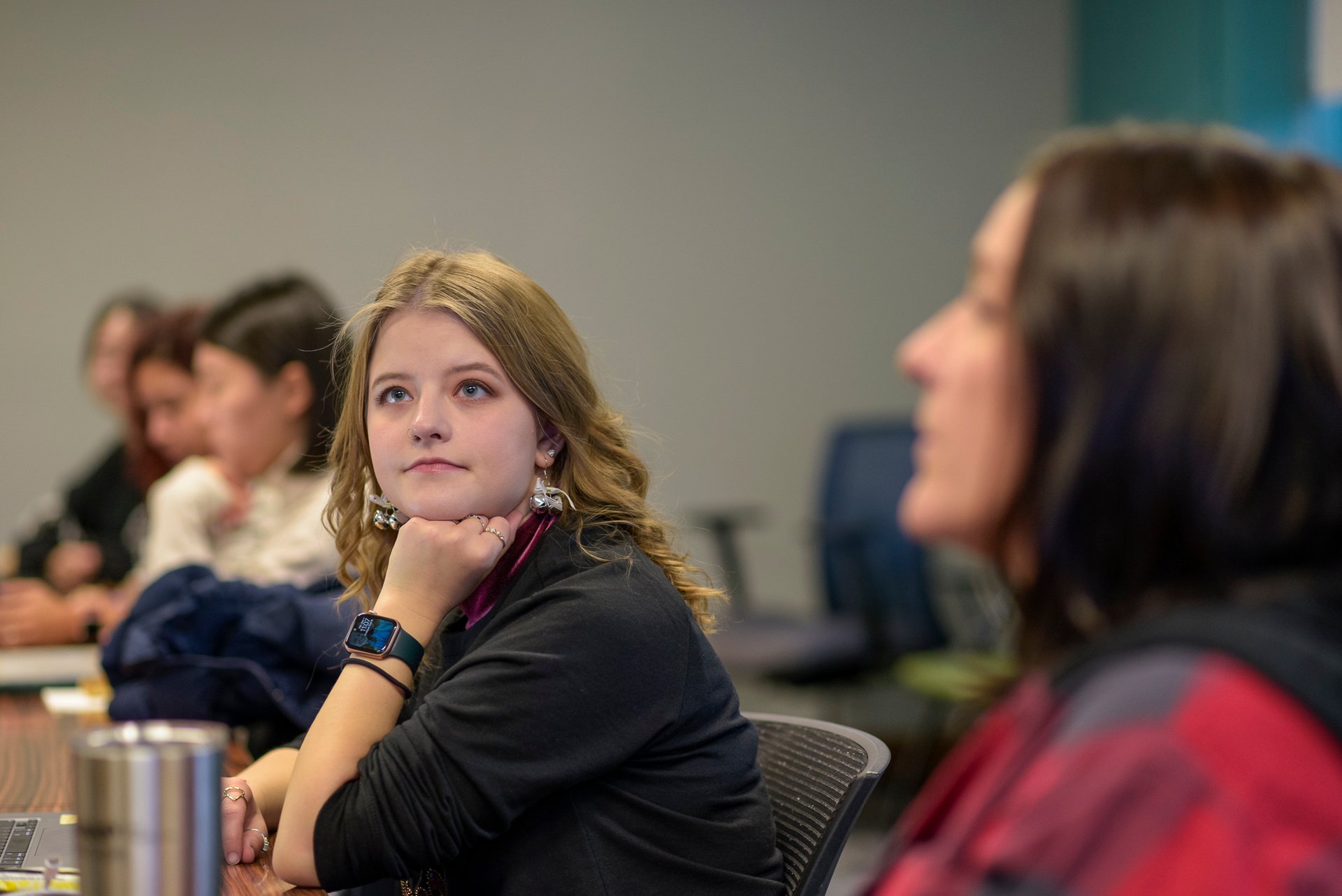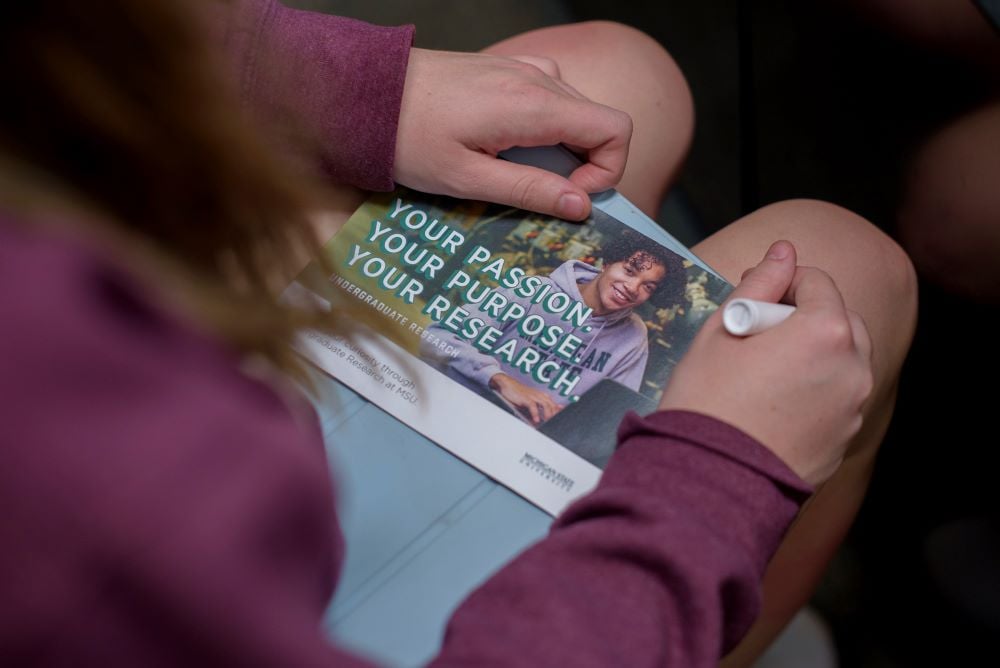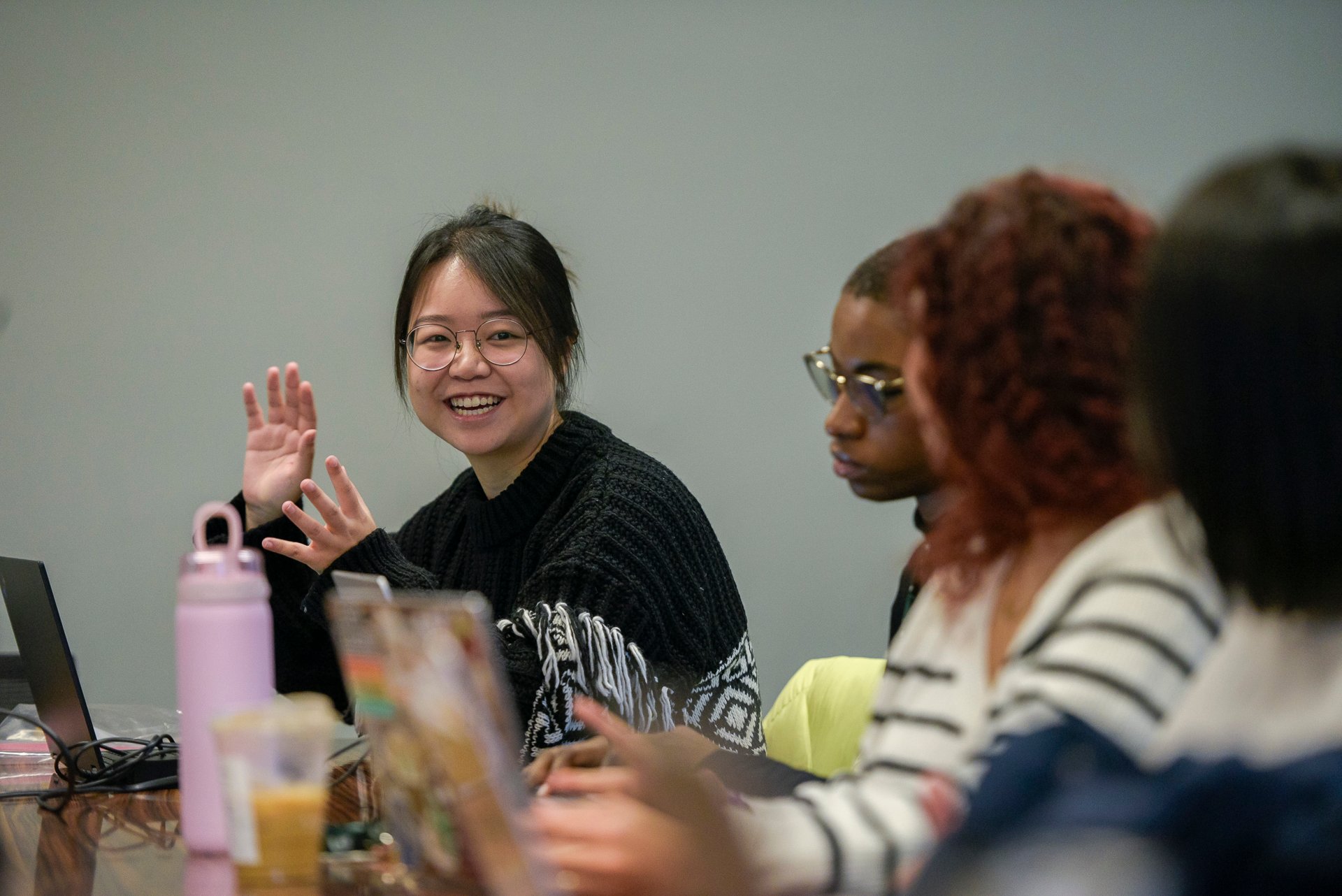Doctoral Degree
Explore our Ph.D. program with concentrations in: Child Development, Couple & Family Therapy, and Diversity, Youth & Family Development.
Master's Degrees
Explore our on-campus master's degree programs in Child Development or Human Development & Family Studies.
Online Programs
Explore our online master’s degrees and graduate certificate programs in Early Childhood and Family Policy, Family & Community Services and Youth Development.
Apply
Ready to join us? Learn about your next steps to apply and begin your graduate study.
Financial Information
Learn more about funding your graduate school including cost, available scholarships and funding.
Resources
Learn more about resources that will support your graduate school experience.
Teaching & Research Assistants
Each year the department sets aside a number of gradate teaching and research ssistantships for entering Ph.D. students. Learn about the available opportunities and how to apply.



